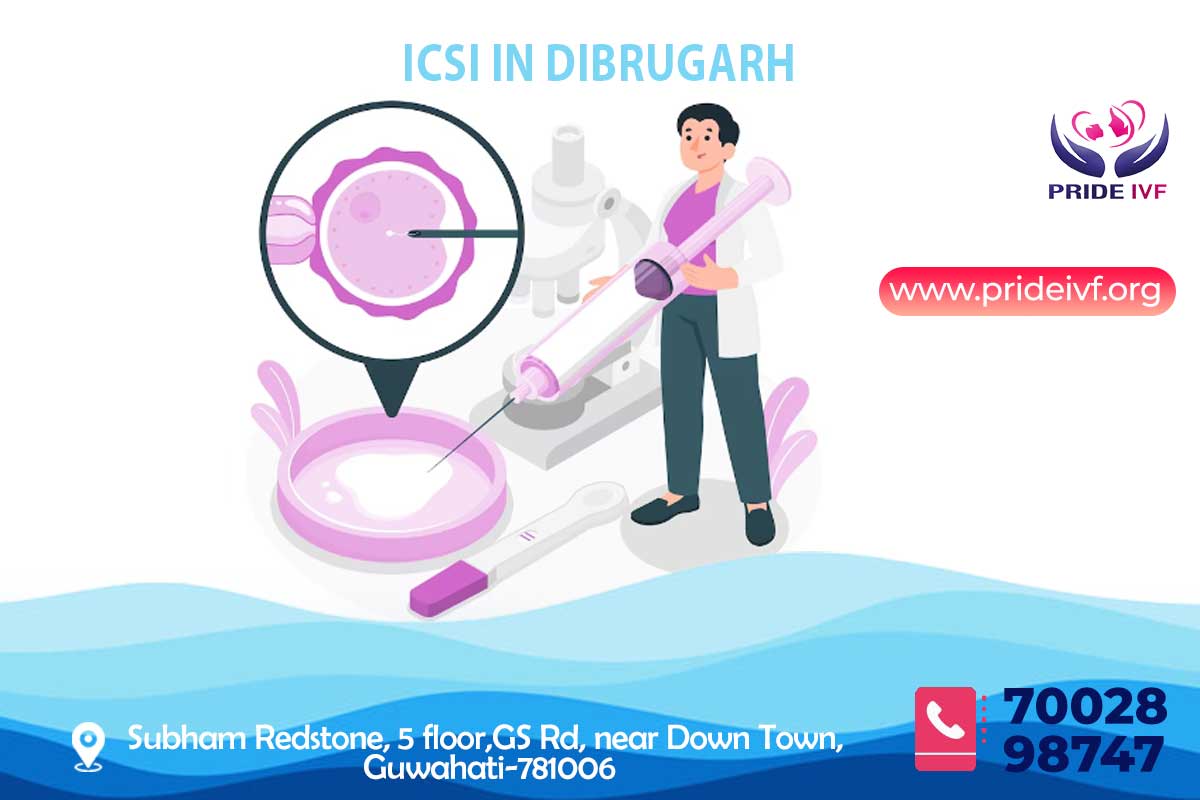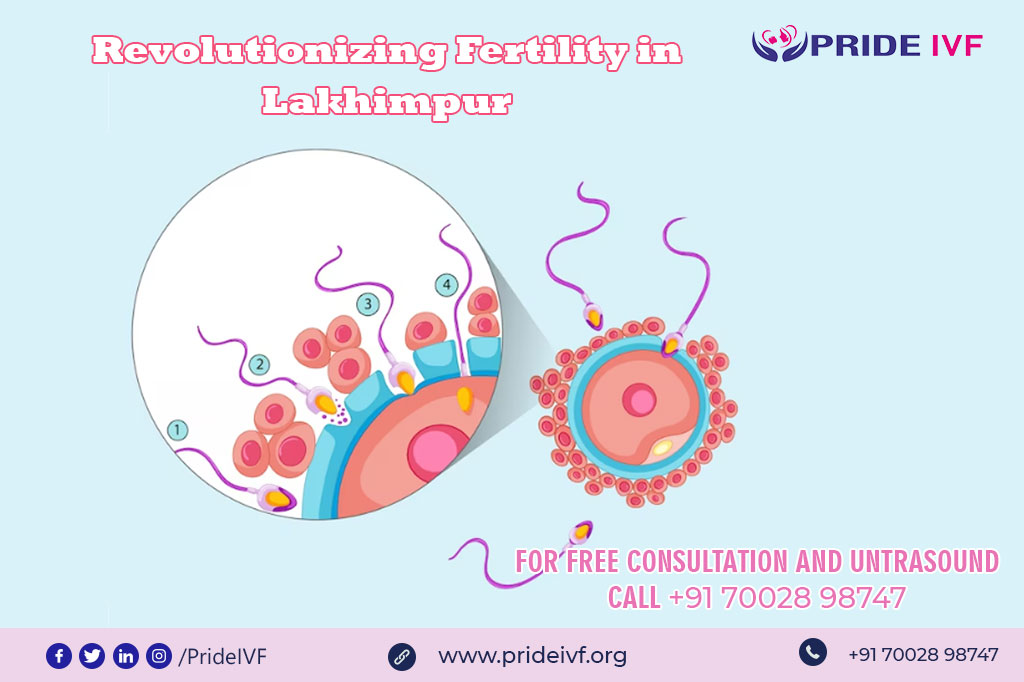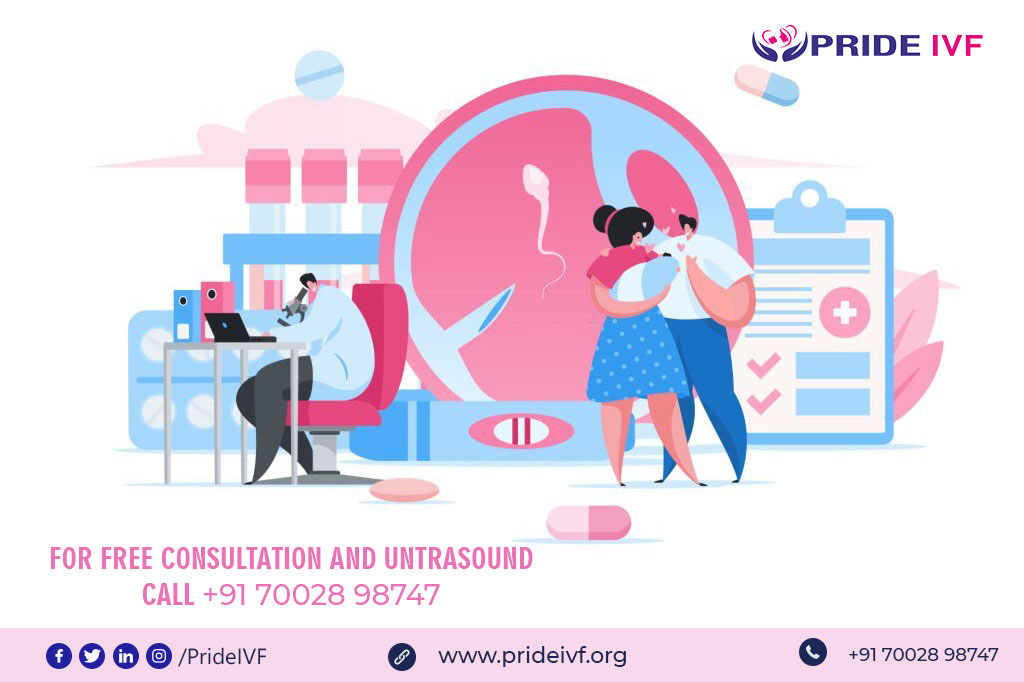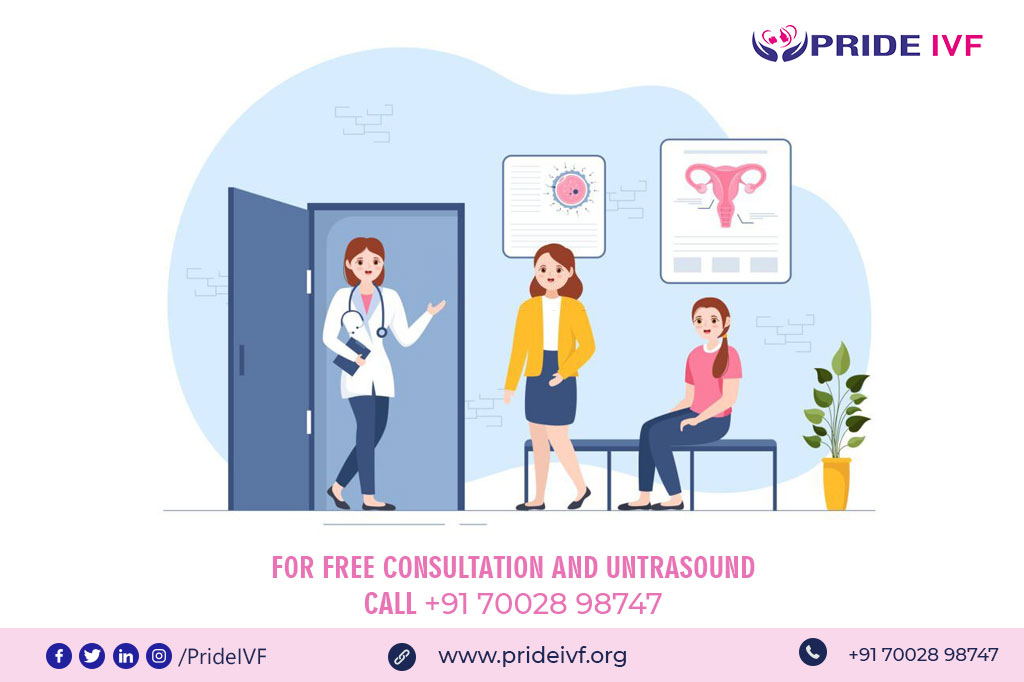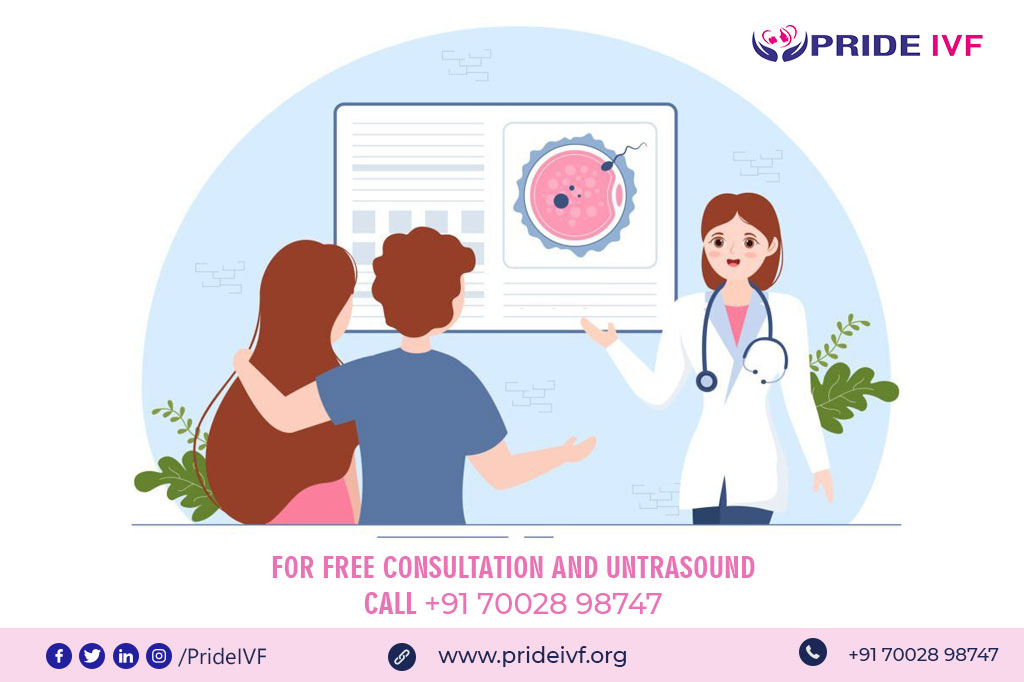In the realm of assisted reproductive technology (ART), Intracytoplasmic Sperm Injection (ICSI) has emerged as a groundbreaking technique that has brought new hope to couples facing infertility challenges. Dibrugarh, a city in the northeastern state of Assam, India, has not only embraced ICSI but has also made significant strides in providing advanced fertility treatments. The application of ICSI in Dibrugarh’s fertility clinics, the process involved, its success rates, and the transformative influence have a great impact on couples seeking to realize their dream of parenthood in Dibrugarh.
Understanding ICSI
Intracytoplasmic Sperm Injection (ICSI) is a revolutionary technique within the realm of assisted reproductive technology, specifically designed to address male infertility issues. This procedure, widely practiced in advanced fertility clinics, involves the direct injection of a single, healthy sperm into the cytoplasm of an egg, ensuring fertilization even in cases of severe male factor infertility. ICSI has become a beacon of hope for couples facing challenges in conceiving due to issues such as low sperm count, poor sperm motility, or abnormal sperm morphology. With its precision and effectiveness, ICSI has transformed the landscape of infertility treatment, offering new possibilities for parenthood to couples who once faced daunting fertility hurdles.
The Application of ICSI in Dibrugarh
Dibrugarh, situated in the picturesque northeastern region of India, has witnessed significant progress in the field of fertility treatments. This includes the widespread adoption of ICSI as a critical tool in addressing male infertility. Several fertility clinics and hospitals in the city now offer ICSI as part of their comprehensive range of services. This has not only benefited residents but has also attracted patients from neighbouring states and even international visitors seeking high-quality infertility treatments.
The journey of ICSI in Dibrugarh begins with a comprehensive diagnostic evaluation. Couples struggling with infertility undergo a series of tests and assessments, including detailed medical histories, physical examinations, and specialized fertility tests. These evaluations help fertility specialists identify the specific causes of infertility, with a particular focus on male factor infertility.
ICSI is primarily employed when male infertility factors are identified as the primary hindrance to conception. These factors may include low sperm count, poor sperm motility, or abnormalities in sperm morphology. In cases where conventional methods of conception are unlikely to succeed due to these issues, ICSI becomes the treatment of choice.
The ICSI Process
The ICSI procedure in Dibrugarh closely follows the standard protocol observed in fertility clinics worldwide. Here is an overview of the key steps involved:
- Consultation and Evaluation: The journey begins with a thorough consultation with a fertility specialist. Both partners undergo comprehensive assessments, including medical history, physical examinations, and various tests to identify the cause of infertility.
- Ovarian Stimulation: In preparation for ICSI, the female partner typically undergoes controlled ovarian stimulation. This involves the administration of hormones to stimulate the development of multiple eggs in the ovaries.
- Egg Retrieval: Once the ovarian follicles have matured, a minor surgical procedure known as egg retrieval is performed. Using ultrasound guidance, a needle is inserted through the vaginal wall to collect the eggs directly from the ovaries.
- Sperm Collection: On the same day as egg retrieval, the male partner provides a sperm sample. In cases of severe male infertility, where sperm may not be present in the ejaculate, sperm can be obtained through other methods, such as testicular sperm aspiration (TESA) or testicular sperm extraction (TESE).
- Microinjection: In the laboratory, highly skilled embryologists identify and select a single healthy sperm for each egg. Using specialized equipment, they perform the microinjection by directly injecting the chosen sperm into the egg’s cytoplasm.
- Embryo Cultivation: After microinjection, fertilized eggs are cultured in a controlled environment in the laboratory. Embryologists monitor their development, assessing their quality and progression.
- Embryo Selection: A crucial step in the ICSI process involves selecting the highest-quality embryos for transfer. Embryologists consider various criteria, including the number of cells, fragmentation levels, and overall appearance of the embryos. The goal is to choose the embryos with the best potential for successful implantation.
- Embryo Transfer: Typically, two to three days after fertilization, one or more embryos of the highest quality are selected for transfer. The chosen embryos are transferred into the woman’s uterus through a thin catheter, a process that is usually painless and does not require anaesthesia.
- Luteal Phase Support: To support the early stages of pregnancy, the woman may be prescribed hormones such as progesterone.
- Pregnancy Testing: Approximately ten to fourteen days after the embryo transfer, a blood test is conducted to determine whether pregnancy has occurred.
The ICSI process is a precise and effective method that has significantly improved the chances of successful fertilization and pregnancy, particularly in cases of severe male infertility. It has brought renewed hope to couples facing fertility challenges and has become an indispensable tool in the field of assisted reproductive technology.
Success Rates of ICSI in Dibrugarh:
ICSI has proven to be highly effective in overcoming male infertility challenges and has contributed significantly to the success of fertility treatments in Dibrugarh. Success rates can vary depending on various factors, including the cause of infertility, the age of the woman, and the quality of the embryos. However, with the expertise and advanced techniques available in Dibrugarh’s fertility clinics, many couples have achieved their dream of parenthood through ICSI.
The Impact of ICSI on Couples in Dibrugarh:
The introduction of ICSI in Dibrugarh has had a profound impact on couples struggling with infertility. It has offered new avenues of hope and possibility, even in cases where conventional treatments may have failed. The success stories of couples who have overcome male factor infertility through ICSI serve as a testament to the transformative power of this advanced reproductive technology.
The application of ICSI in Dibrugarh’s fertility clinics represents a significant advancement in the field of reproductive medicine. This highly specialized technique has provided couples facing male factor infertility with a promising solution to their fertility challenges. As a result, many couples in Dibrugarh have experienced the joy of parenthood, thanks to the precise and effective application of ICSI. This groundbreaking technology has not only transformed lives but has also positioned Dibrugarh as a regional hub for advanced fertility treatments, drawing patients from across the northeastern region of India and beyond in their quest to achieve their dreams of parenthood.
Thus, Intracytoplasmic Sperm Injection (ICSI) has emerged as a revolutionary technique in the field of assisted reproductive technology, offering renewed hope to couples facing male factor infertility. In Dibrugarh, a city known for its natural beauty and cultural heritage, ICSI has found a prominent place in the range of fertility treatments offered by local clinics and hospitals. With its precise approach and high success rates, ICSI has not only fulfilled the dreams of parenthood for many couples in Dibrugarh but has also positioned the city as a hub for advanced fertility treatments in the northeastern region of India.

